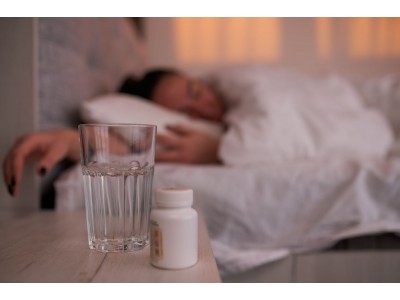Taking a sleeping pill and an antihistamine at the same time can potentially increase the risk of side effects such as drowsiness, dizziness, confusion, and impaired coordination. Both medications can have sedative effects on the central nervous system, and combining them may intensify these effects.
Also read hydroxyzine pam 25 mgs.
The safety of combining a sleeping pill and an antihistamine depends on several factors, including the specific medications involved, their dosages, individual tolerance, and underlying health conditions. Here are some considerations:
Types of Medications: Sleeping pills can include prescription medications like zolpidem (Ambien), eszopiclone (Lunesta), or over-the-counter options like diphenhydramine (Benadryl). Antihistamines such as diphenhydramine and doxylamine (found in many over-the-counter sleep aids) also have sedative properties.
Dosages: Lower doses of each medication may be less likely to cause significant sedation when taken together. However, higher doses increase the risk of adverse effects.
Health Conditions: Individuals with certain medical conditions, such as respiratory problems (e.g., sleep apnea), liver or kidney disease, or elderly individuals, may be more sensitive to the sedative effects and potential interactions between these medications.
Duration of Use: Short-term use of both medications under medical supervision may be safer than long-term use due to the cumulative effects and potential for dependence or tolerance.
It is crucial to consult with a healthcare provider or pharmacist before combining sleeping pills and antihistamines. They can provide personalized advice based on your health history, current medications, and specific needs. They may recommend adjusting dosages, timing of doses, or considering alternative treatments to minimize risks.
In some cases, non-medication approaches to improving sleep hygiene and addressing underlying causes of sleep disturbances may be more appropriate and effective. These can include behavioral therapies, relaxation techniques, and environmental changes.
Overall, while it is not inherently unsafe to combine a sleeping pill and an antihistamine, caution should be exercised, and it should only be done under medical supervision to ensure safety and effectiveness.
